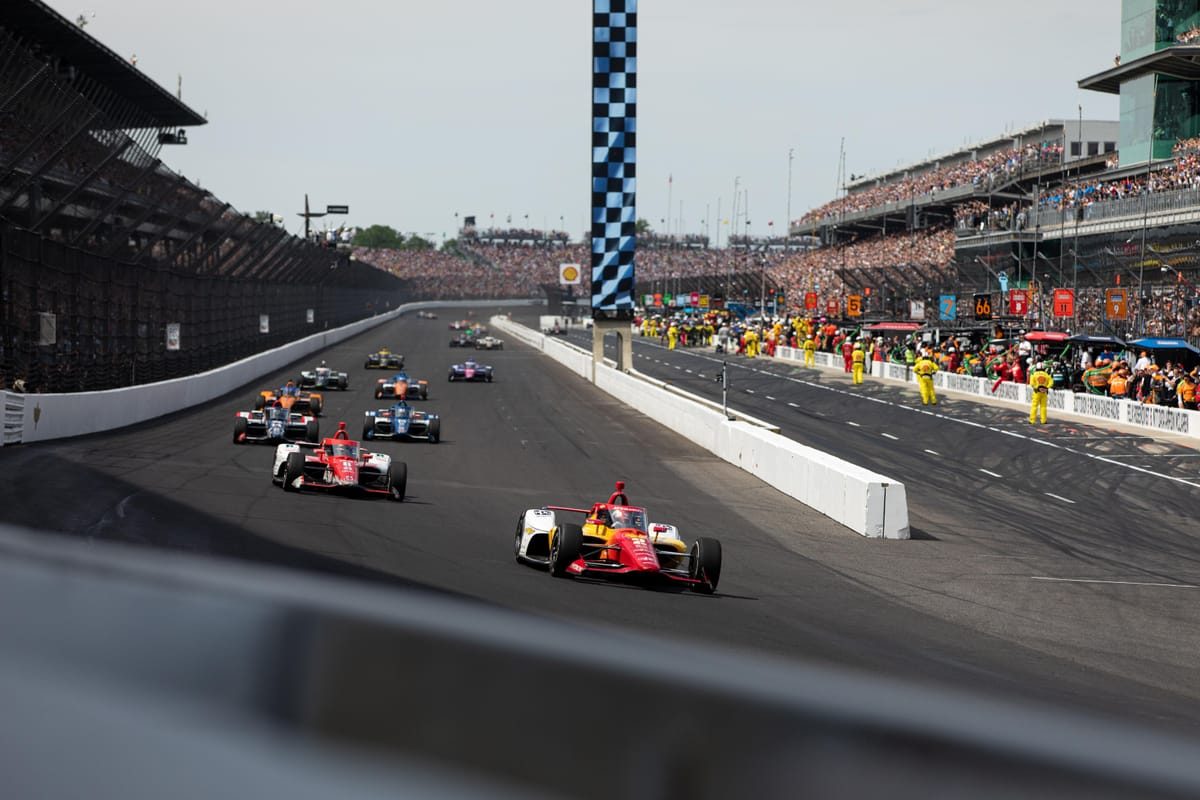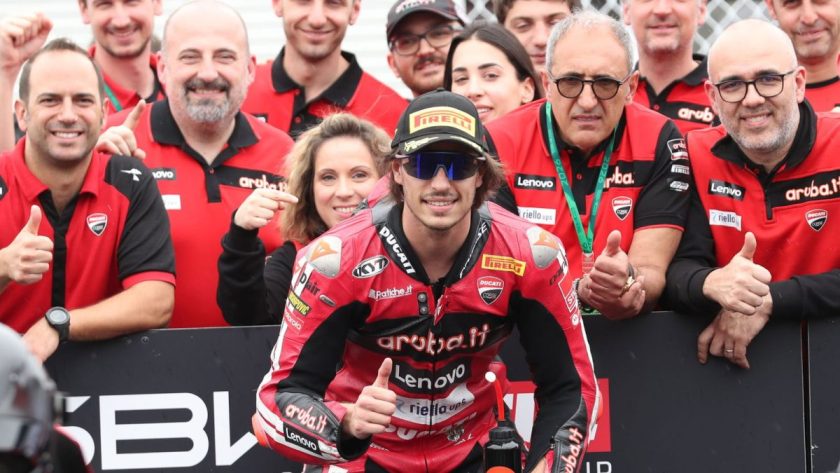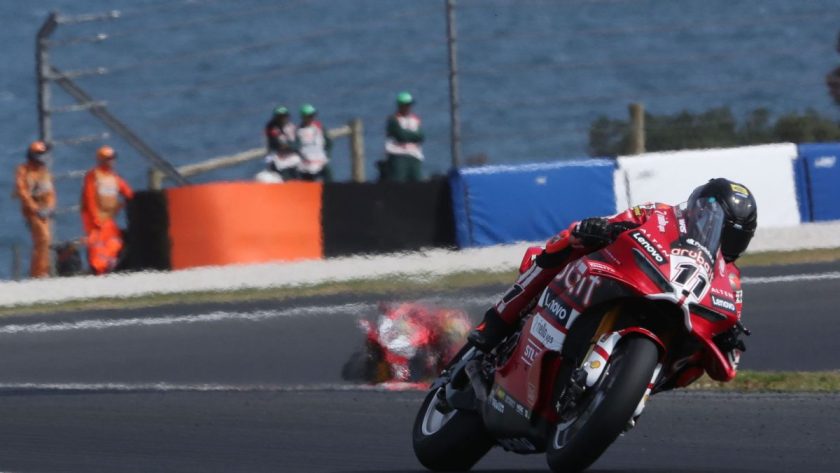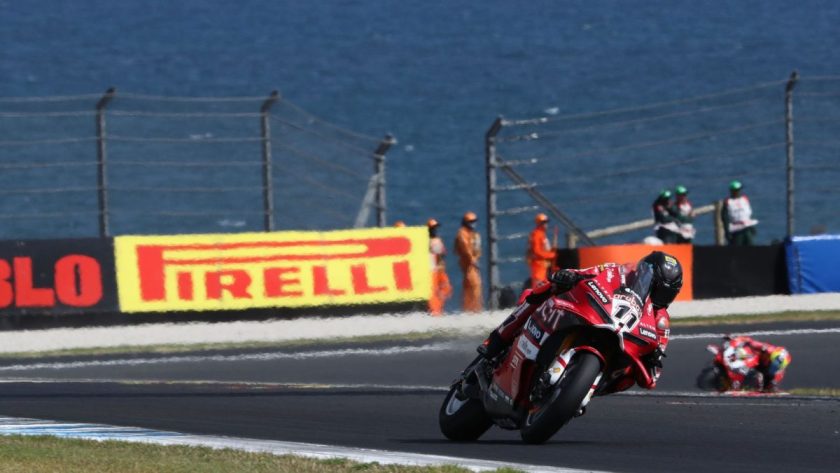P1racenews AI automatic summary:
One IndyCar engine manufacturer is openly talking about a world in which it’s no longer a supplier, and the other may have F1 expenditure to consider – all while the series tackles another delay to its hybrid masterplan. Jack Benyon says IndyCar must solve its identity crisis
ground. It has a rich history and tradition, but it is also struggling to keep up with the changing landscape of motorsports. The introduction of hybrid technology and the conflict between engine manufacturers highlight the challenges IndyCar is facing in maintaining relevance and attracting new manufacturers.
The delayed introduction of the hybrid system, along with the uncertainty surrounding its implementation and functionality, raises questions about the purpose and effectiveness of this technology in the series. It is expensive, difficult to build and retrofit to existing cars, and not aligned with the preferences of consumers and automakers who are shifting towards electric vehicles.
Moreover, the ongoing issues with the hybrid system have embarrassed the current engine manufacturers, Honda and Chevrolet, who are the main developers of this technology. The financial burden and resource allocation required to support these engines, along with the associated staff and infrastructure, pose significant challenges for the manufacturers each year.
In addition to these internal struggles, there is also the looming possibility of Chevrolet withdrawing from IndyCar if it successfully enters Formula 1 through Andretti. This further underscores the uncertain future of the series and the need for IndyCar to evaluate its rules and regulations to attract and retain manufacturers.
Overall, IndyCar is at a crossroads, grappling with outdated technology, rising costs, and the need to adapt to the changing preferences of the automotive industry. The future of the series hinges on its ability to address these issues and find a sustainable and appealing direction for its racing platform.






